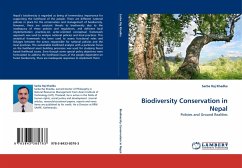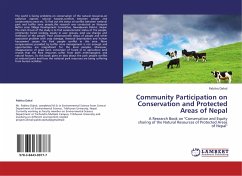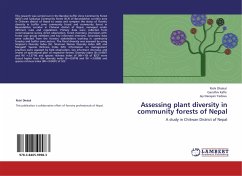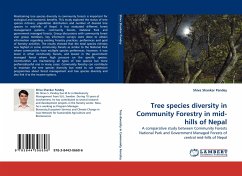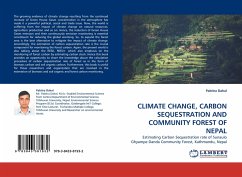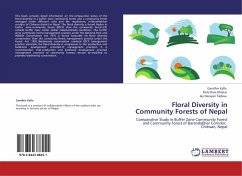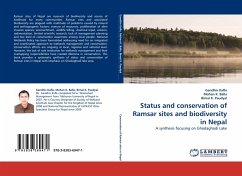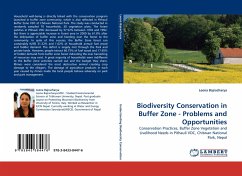Nepal's biodiversity is regarded as being of tremendous importance for supporting the livelihood of the people. There are different national policies in place for the conservation and management of biodiversity. However, there are constant threats to biodiversity due to the inadequacy of these policies and regulations, and deficient local implementation practices.An actor-oriented conceptual framework approach was used to analyse national policies and local practices. This analytical framework has been used to assess functional roles and linkages between the actors responsible for national policies and the local practices. The sustainable livelihood analysis with a particular focus on the livelihood asset building processes was used for studying forest based livelihood issues. Even though some special policy objectives were formulated to address the livelihood issues of the people dependent on forest biodiversity, there are inadequate responses to implement them.
Bitte wählen Sie Ihr Anliegen aus.
Rechnungen
Retourenschein anfordern
Bestellstatus
Storno

